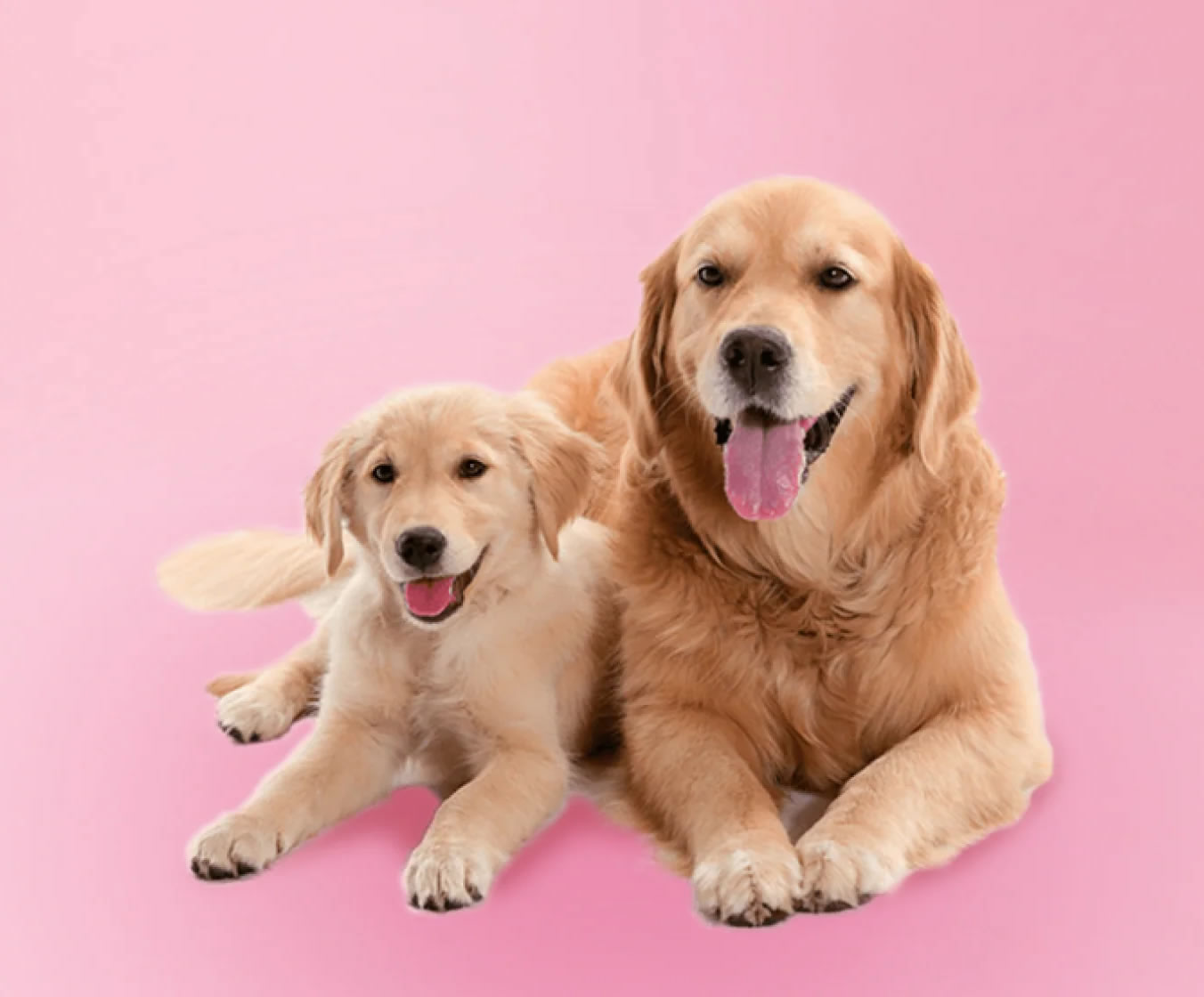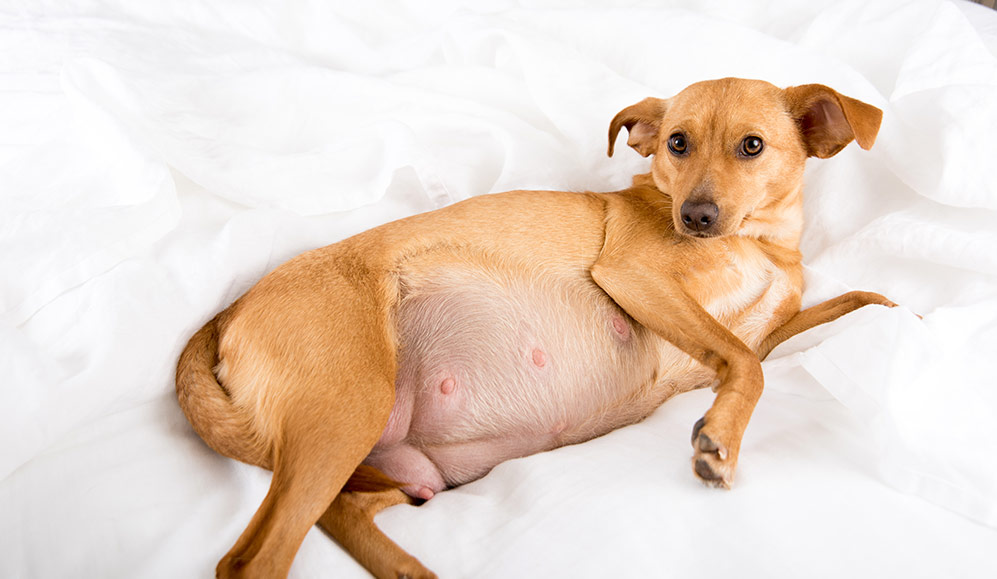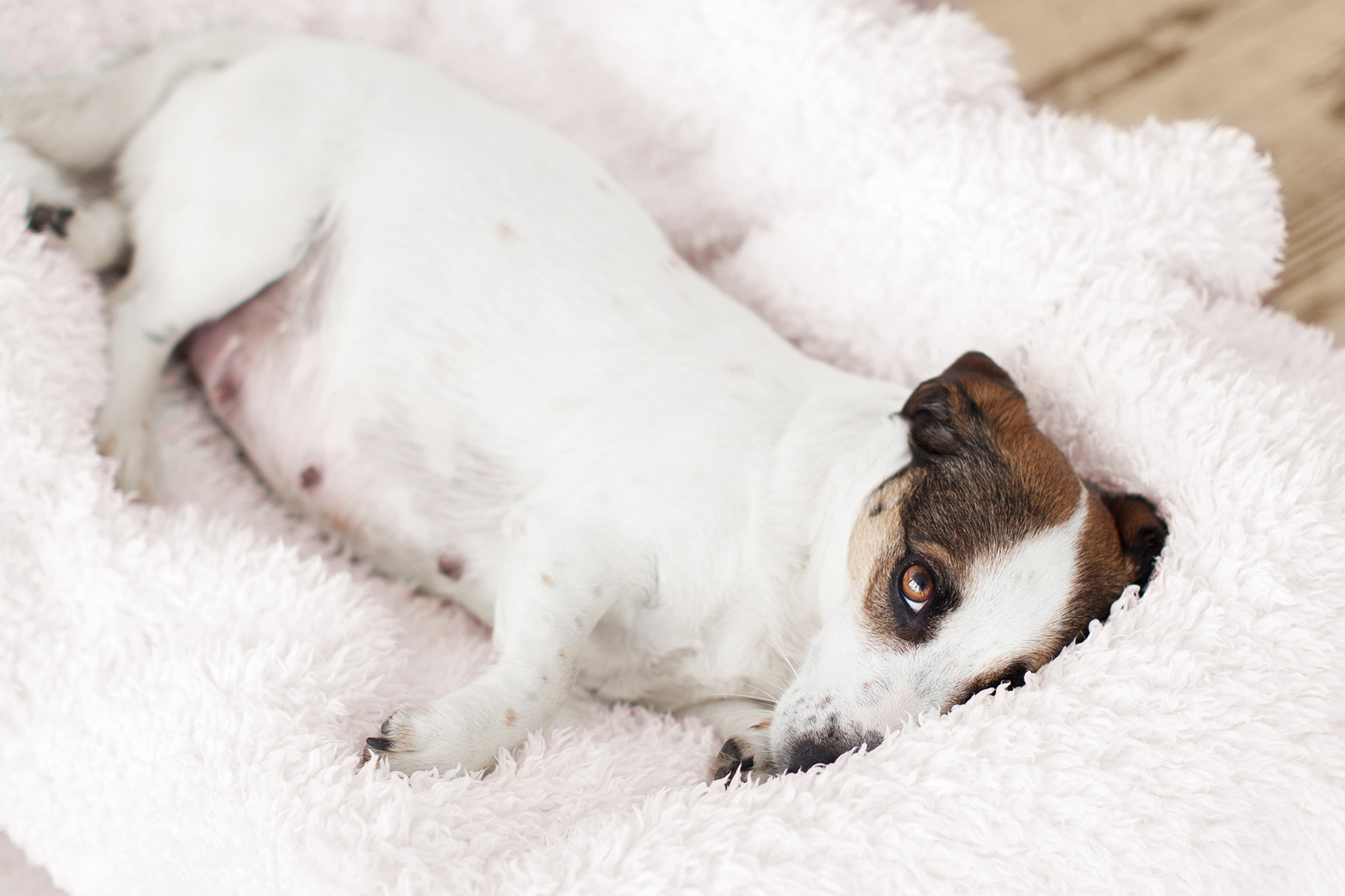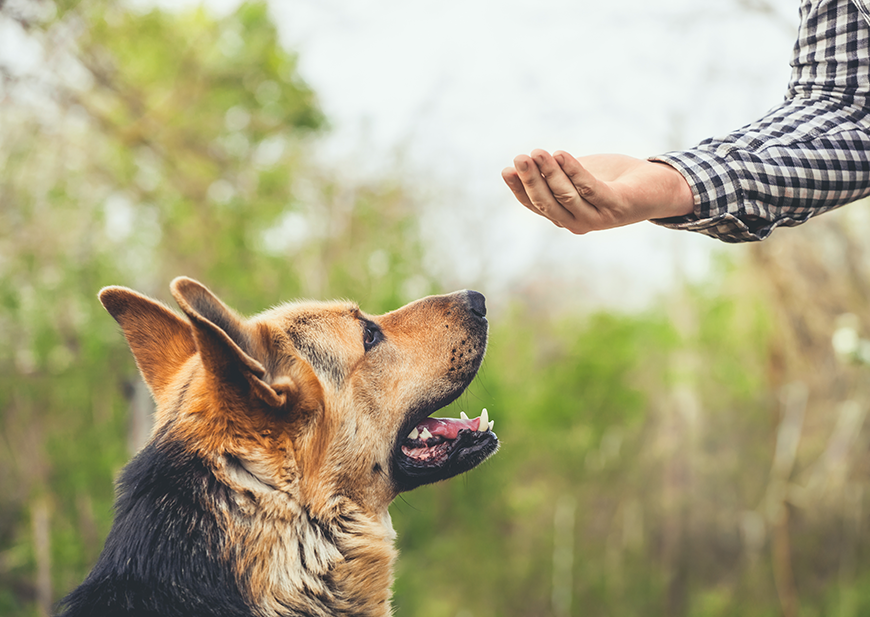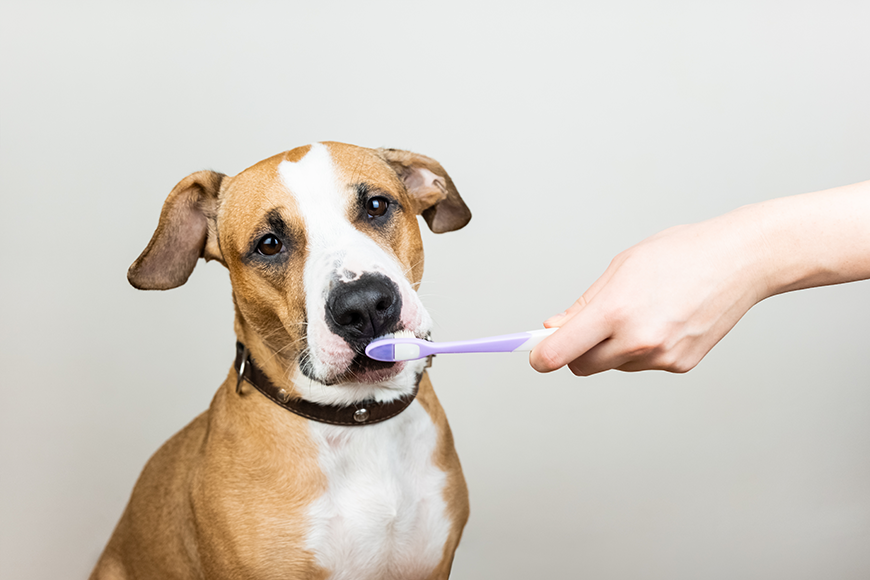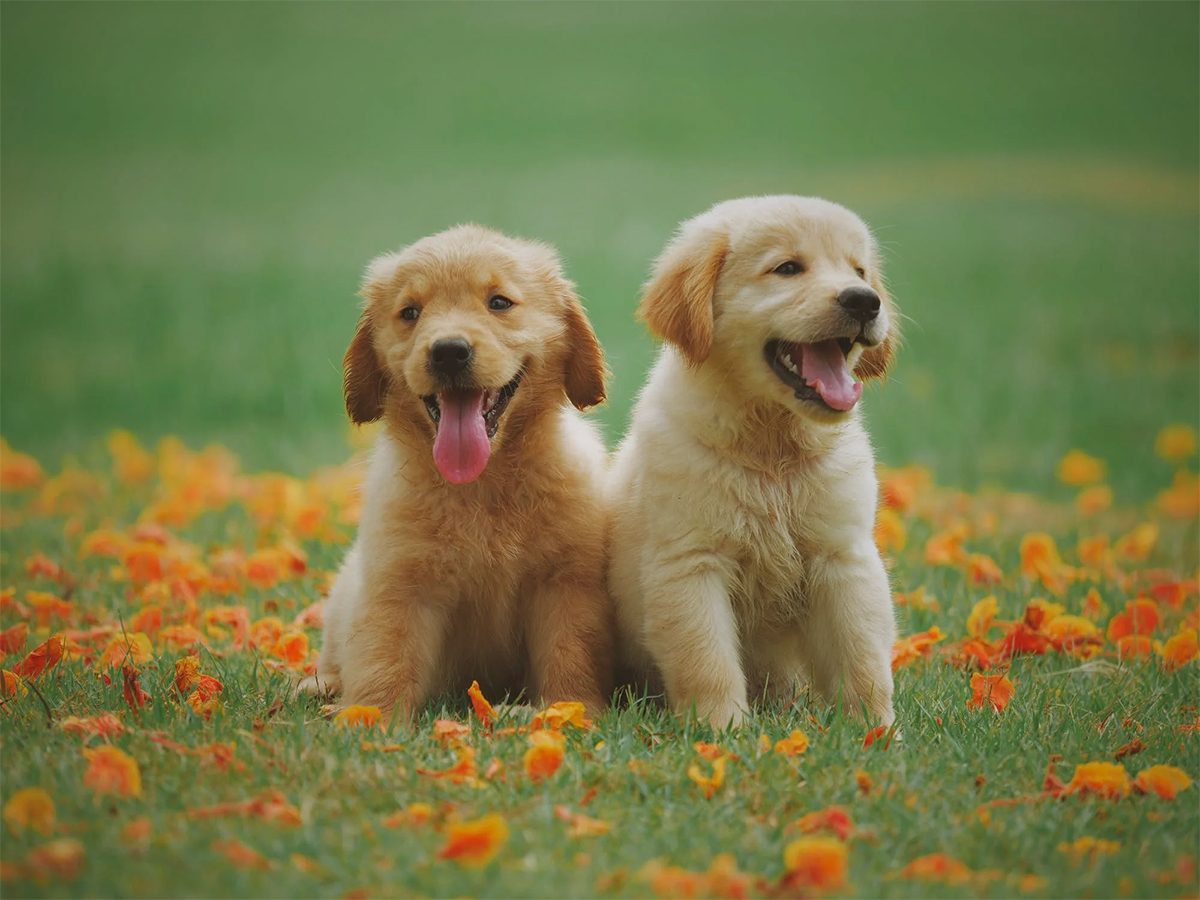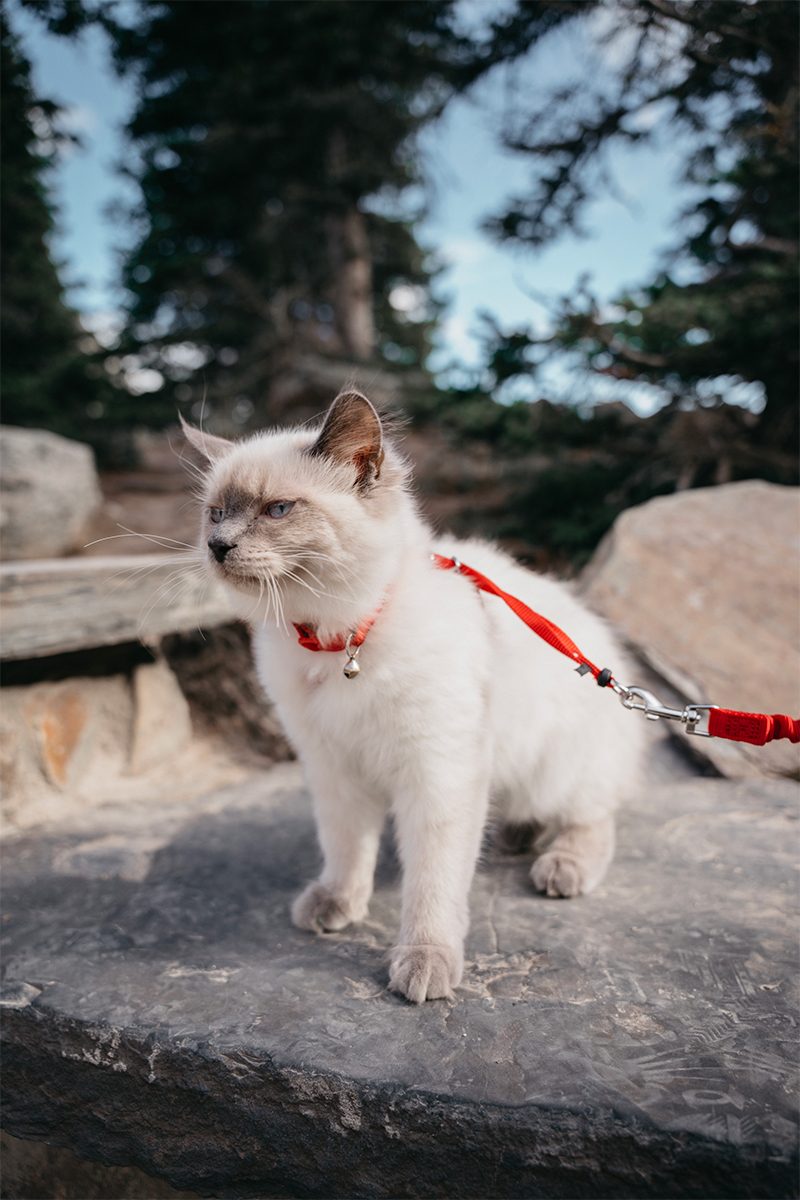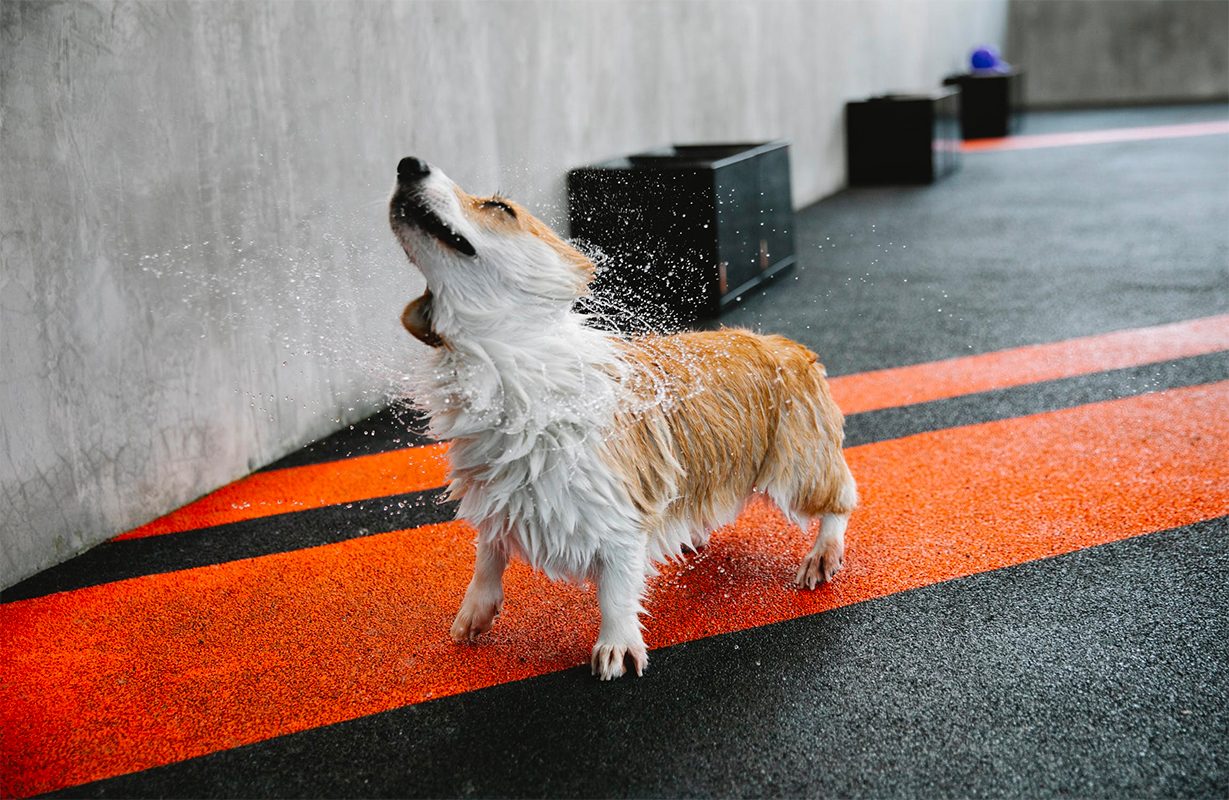Welcoming a new life into your home is a momentous occasion filled with excitement, anticipation, and a touch of nervousness. This holds not only for humans but also for our beloved animal companions. The experience of pets pregnancy is a unique and fascinating journey that requires careful attention and support. Whether you’re a seasoned pet owner or embarking on this adventure for the first time, understanding the nuances of pets pregnancy is essential to ensuring the well-being of both the expectant mother and her future offspring. The marvel of their pregnancies is underscored by their ability to deliver litters that can include multiple kits, showcasing nature’s drive for survival and propagation.
Delving further into the tapestry of pet pregnancies, we encounter the enchanting realm of guinea pigs. These gentle creatures, known for their endearing vocalizations and social nature, carry their pregnancies for approximately two months. Their pregnancies testify to the delicate balance between the maternal instinct and the necessity of group dynamics within their social structures. And then there are the enigmatic hamsters, often kept as unique and solitary companions. These tiny creatures, with their miniature paws and twitching noses, embark on a brief but impactful journey of pregnancy that typically lasts around two to three weeks. Their diminutive size doesn’t diminish the significance of their pregnancies; rather, it encapsulates the essence
The Marvel of Pets Pregnancy
Pet pregnancy, scientifically known as gestation, is a remarkable process that intertwines similarities and unique characteristics compared to human pregnancy. This captivating journey is woven with fascinating nuances, varying between species and within them. Dogs, cats, rabbits, guinea pigs, and even exotic pets like hamsters are among the diverse animals that can experience pregnancy, each contributing their own distinct tale to the narrative of life’s creation. The concept of pregnancy itself is a bridge connecting the animal kingdom, highlighting the shared essence of reproduction that underpins life’s perpetuation. While some aspects of pet pregnancy echo those seen in humans, such as the nurturing of life within, the process is inherently shaped by the species involved. From the fleeting but intense pregnancies of small animals lasting mere weeks to the protracted gestation periods endured by larger species spanning several months, the temporal tapestry of pregnancy is richly diverse.
In the realm of our domesticated companions, pet pregnancy manifests with a diversity that mirrors and contrasts human pregnancy. Dogs, often referred to as “man’s best friend,” embark on a journey of gestation that typically spans two months. Their pregnancies, while relatively short, are marked by profound changes in behavior, physiology, and appearance, all in preparation for the birth of their precious pups. Cats, those enigmatic feline companions, navigate a similar journey, with their pregnancies averaging around two months as well. These feline mothers exhibit a combination of grace and instinctual behavior as they ready themselves for the arrival of their tiny offspring. Moving beyond the realm of the familiar, the world of pocket pets and exotic companions introduces an eclectic range of pregnancies that bewitch with their diversity. Rabbits, known for their rapid reproduction rate, experience a gestation period of around one month.
-
Signs and Symptoms of Pregnancy in Pets
Recognizing the signs of pregnancy in pets is crucial for providing appropriate care. While some symptoms may overlap with those observed in pregnant humans, there are unique indicators for animals. For instance, early pregnancy hints can be appetite, behavior, and physical appearance changes. Swelling of the abdomen, weight gain, and altered behavior such as nesting or increased affection are common signs in many pregnant animals. In some cases, veterinary consultation may be necessary to confirm pregnancy. Blood tests, ultrasounds, and X-rays can help accurately determine whether your pet is expecting and estimate the number of offspring. It’s essential to consult a veterinarian early to ensure proper care and guidance throughout the pregnancy.
-
Nurturing Expectant Pets
Like pregnant humans, expectant pets require special care and attention to ensure a safe and comfortable pregnancy. Proper nutrition is paramount during this time, as the mother’s dietary needs change to support her health and the developing offspring. High-quality commercial pet food formulated for pregnant or nursing animals is recommended, as it contains the essential nutrients necessary for proper fetal development and milk production.
Hydration is equally important, particularly for animals that may not express their thirst as overtly as dogs. Always ensure a clean and accessible source of fresh water for your pregnant pet.
-
Creating a Comfortable Environment
Creating a suitable environment for a pregnant pet involves understanding her instincts and providing the necessary resources. Cats, for instance, may exhibit nesting behavior by seeking out secluded spots to give birth. Providing a quiet, warm, and secure area with nesting materials can help your cat feel at ease during this critical time.
For dogs, a similar approach is beneficial. Creating a designated whelping box – a safe, quiet, and easily cleaned area – can help your dog feel secure as she prepares to give birth. This can also prevent her from wandering and delivering her puppies in inappropriate or unsanitary locations.
-
Anticipating Labor and Delivery
As the pregnancy progresses, understanding the signs of imminent labor becomes vital. Behavioral changes, restlessness, pacing, panting, and decreased appetite indicate impending work. However, it’s important to note that each animal is unique, and their behaviors may vary. In most cases, pets can give birth naturally without human intervention. However, monitoring the process closely is crucial to ensure everything goes smoothly. In some instances, complications may arise, requiring immediate veterinary assistance. Preparing for such scenarios can make all the difference in ensuring the mother’s and her offspring’s health and safety.
-
Postpartum Care and Beyond
The journey doesn’t end with the birth of the offspring. Postpartum care is essential to the mother’s and her newborns’ well-being. Adequate nutrition, a comfortable and quiet environment, and regular veterinary check-ups are vital during this phase. For species like dogs, the mother’s role in caring for her puppies is pivotal for their survival and development. As the offspring grow, it’s essential to introduce them to solid food and encourage their independence gradually. Socialization, play, and mental stimulation are all critical factors in raising healthy and well-adjusted animals.
-
The Decision to Breed in Pets Pregnancy
Bringing new life into the world through pets pregnancy is a responsibility that should be approached with careful consideration. Before deciding to breed your pet, it’s essential to thoroughly research and understand the breed’s characteristics, potential health issues, and the commitment required for proper care. Irresponsible breeding can lead to health problems in both the mother and her offspring and contribute to the problem of pet overpopulation. If you’re considering breeding your pet, it’s recommended to consult with veterinarians and experienced breeders to make informed decisions.
In Conclusion:
Pet pregnancy is a captivating and transformative journey that allows us to witness the miracles of life within our beloved animal companions. Understanding pregnant pets’ signs, stages, and special care requirements is essential to ensuring their well-being and the health of their offspring. Providing proper nutrition, a comfortable environment and vigilant monitoring are all part of the process that leads to the joyous arrival of new life. Whether caring for a pregnant cat, a dog, a rabbit, or any other pregnant pet, embracing this journey with knowledge and compassion will undoubtedly create a stronger bond between you and your furry friend.
Pet’s Mall and Pet Clinic
Pet’s Mall and Pet Clinic in Lahore is the best place for your pets. Dr. Sami is a fantastic vet there, and he has a super team and excellent equipment. If your pet needs help, this is the place to go. They have everything your pet might need and care about making it feel better. So, if your pet is sick or you need pet stuff, check out Pet’s Mall and Pet Clinic. Your pet will thank you!
CONTACT US:
34 Q Block, Johar Town, Shah Alam Road, Near Ayub Chowk, Lahore
0313-4343476
petsmallpk@gmail.com
Popular Post
How to choose a training
Top tips for caring for
Tips for keeping your cat
Archives
Tags
Email for newsletter
At Pets Mall, we offer premium quality dog and cat food, pet supplies, and vaccination. Get everything you need for your pet!
If you pets need immediate veterinary’s treatment, give us a call and we will send a specialist vet to your home.
- 34 Q Block, Johar Town, Shah Alam Road, Near Ayub Chowk , Lahore
- petsmallpk@gmail.com
- 0301-7475573 , 0313-4343476
COPYRIGHT © PetsMall.pk ALL RIGHTS RESERVED. | DEVELOPED BY DIGIKNOWN



